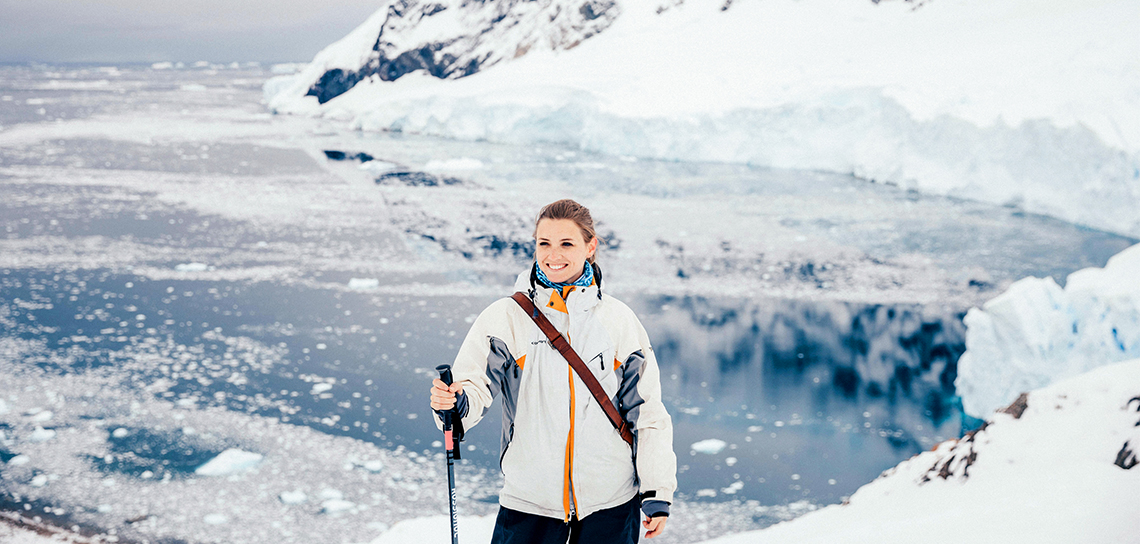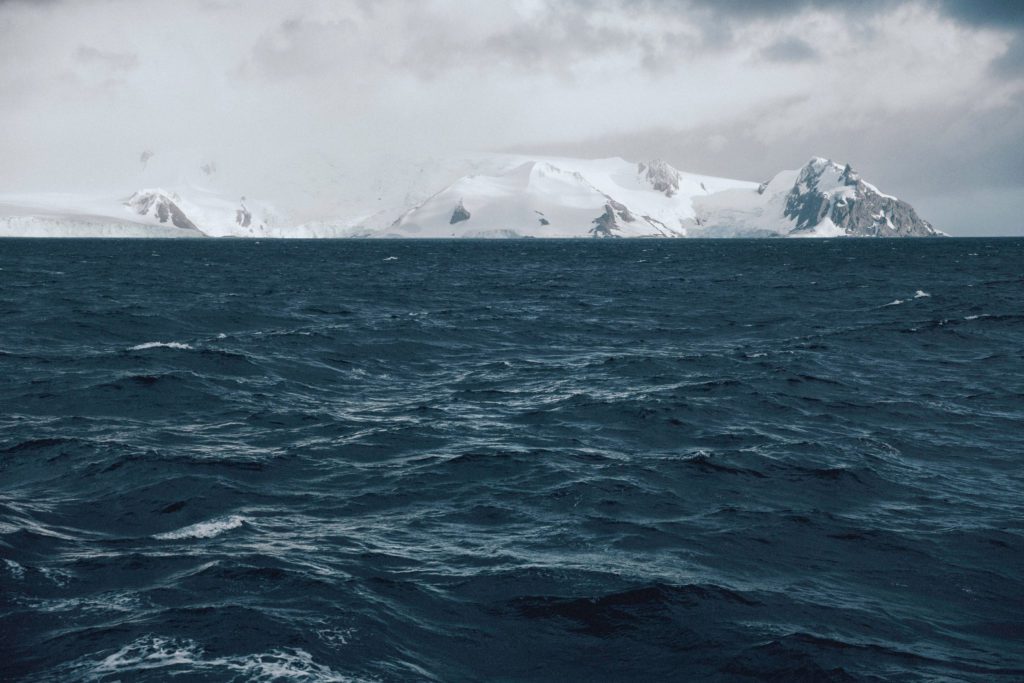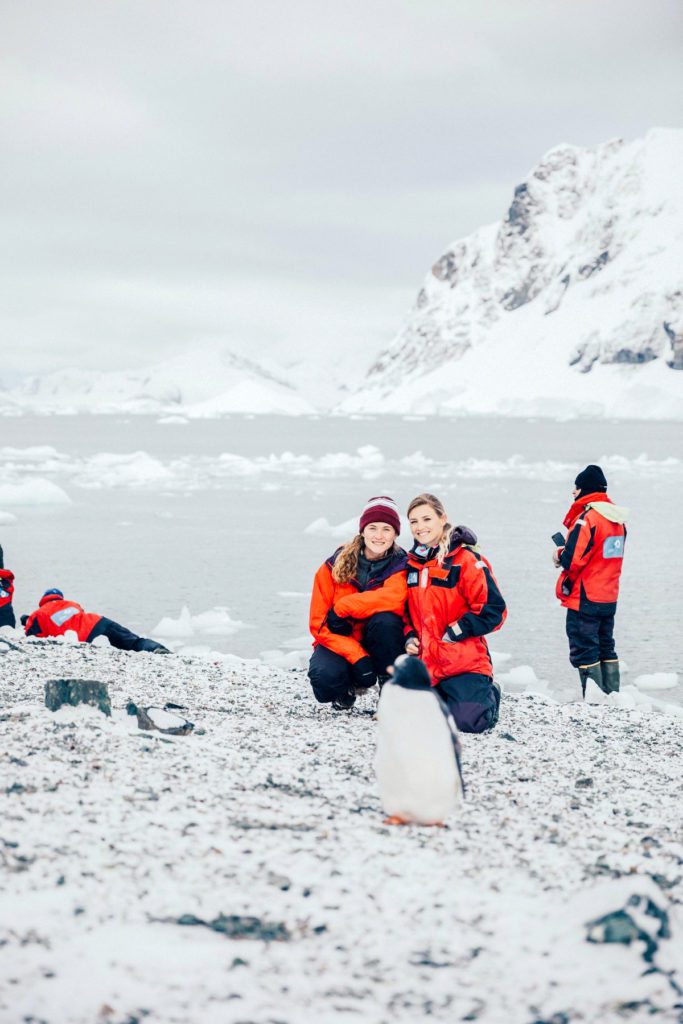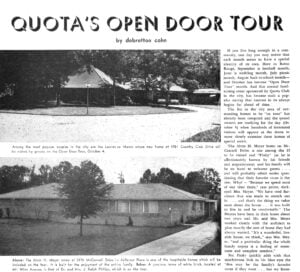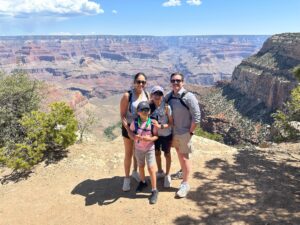Christi Childs took on an Antarctic marathon with a benevolent focus
Christi Childs was prepared for the cold.
She didn’t have much of a choice, having signed up to run a marathon in Antarctica, of all places.
What she wasn’t prepared for was a last-minute change in the race route that resulted in a brutal 2.2-mile path of mud, gravel and rolling hills.
“It was like Spartan-race mud with hills—like mountainous hills,” Childs says. “You ran 2.2 miles one way, then you turned around and ran it straight back, and you did that six times. If it had been just one 2-mile race, it would have been the hardest 2-mile race ever. But it was there and back and there and back.”
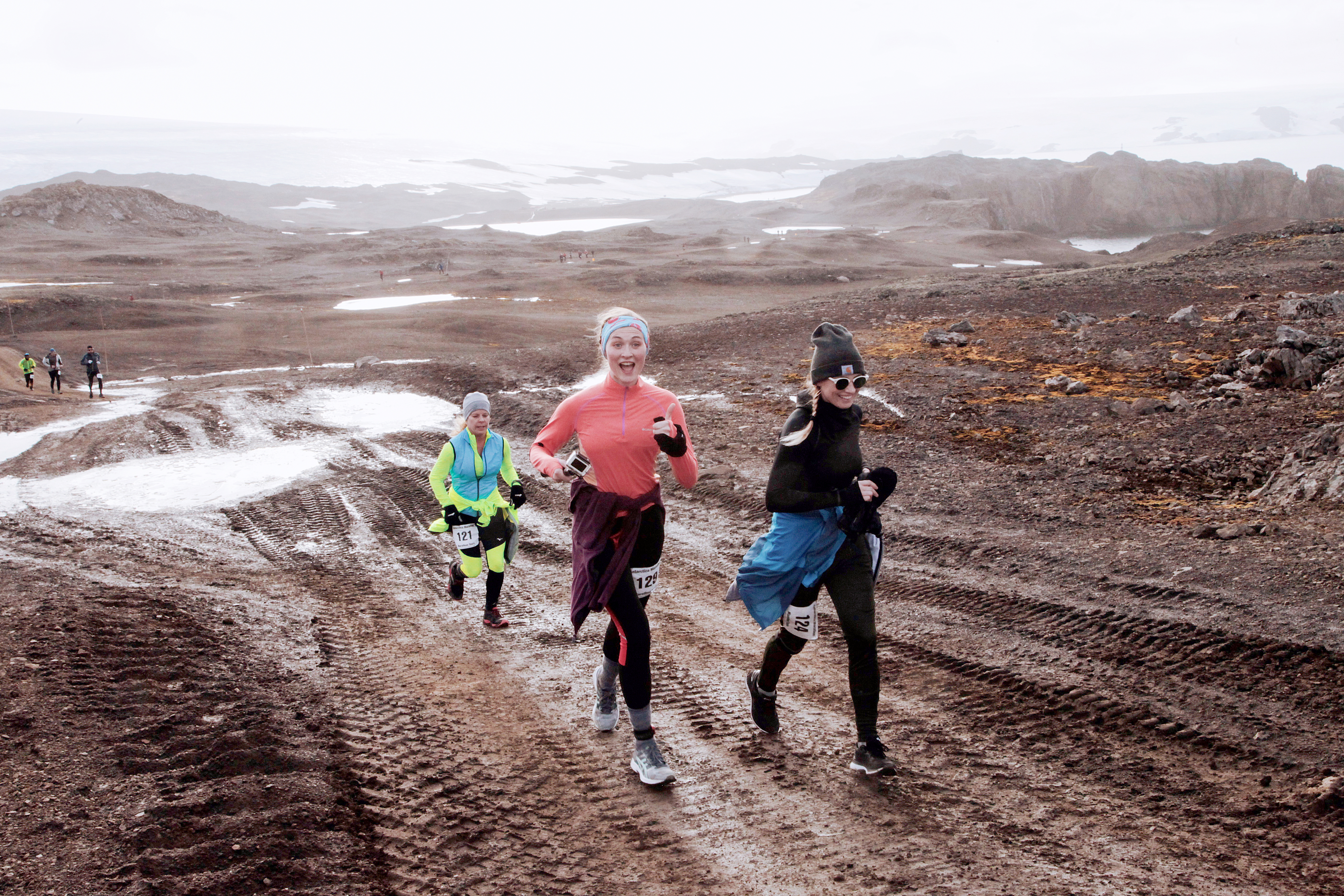
It’s a race that was mentally challenging and physically draining but, ultimately, spiritually rewarding. Because there were two things that stuck out at the top of Childs’ bucket list, and this was a rare opportunity to, in a way, cross off both.
She had always wanted to run a race in Antarctica. In Childs’ words, it was the “No. 1 place” she wanted to visit ever since her dad went when she was 12 years old.
She has also always dreamed of starting her own orphanage. As the daughter of two missionaries who traveled the world helping others, Childs was always drawn to orphanages from a young age.
“Orphan support has always been a big part of my life,” Childs says. “In high school, most kids get some random job like at Wendy’s, and I was always going to Africa and raising funds for orphanages. It was what I loved to do. I always wanted to start one myself one day.”
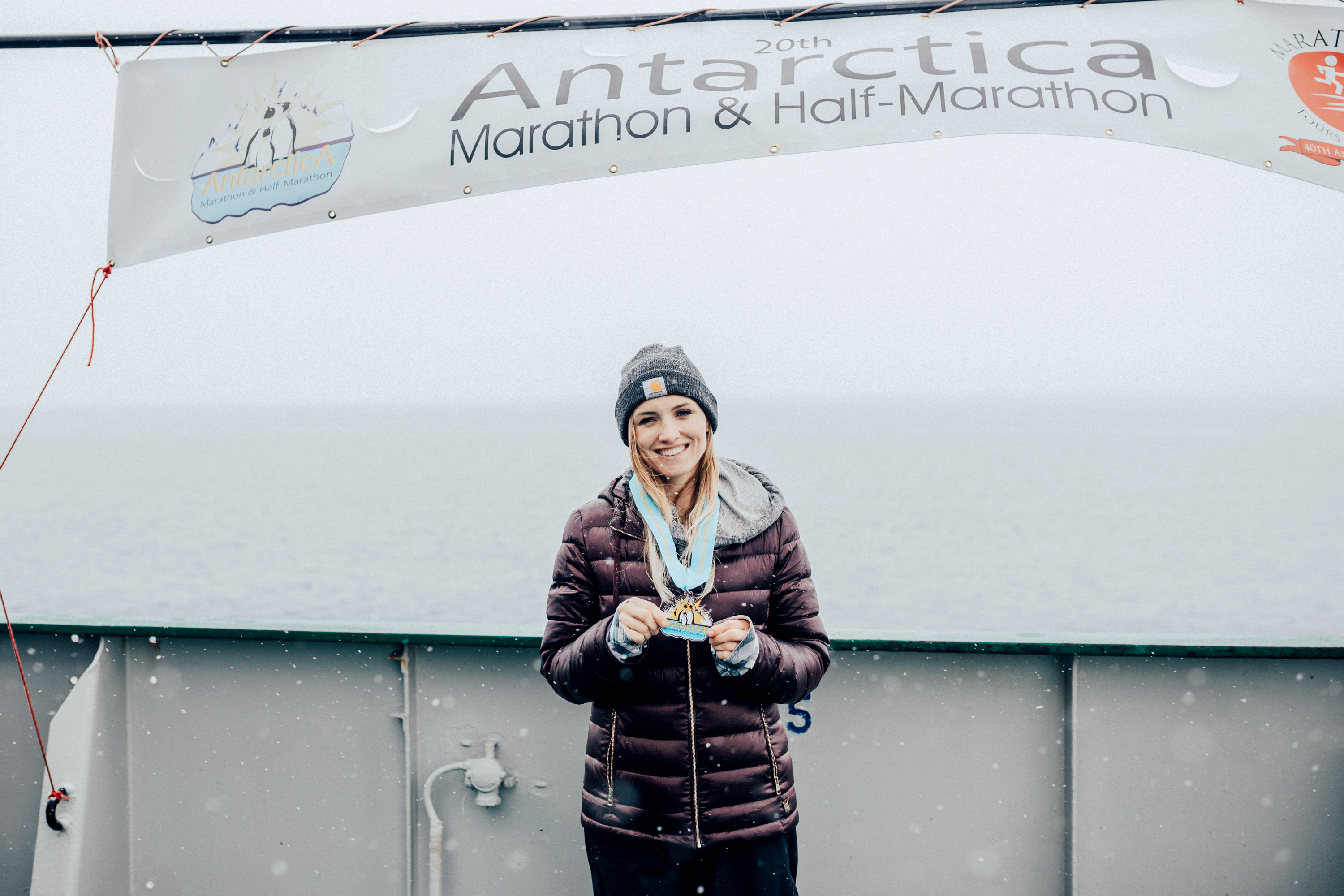
But as the mother of three kids under the age of 5 and a real estate agent with Craft Properties, the timing wasn’t quite right for Childs to start her own facility from the ground up. So she decided to team up with her brother Josh Dunagan—who recently started a new orphanage in Nepal through Gospel Projects international—with the goal of raising enough money to cover a full year of costs for all the children currently living there.
“The cost of the trip plus the cost of the year’s support ended up being right at $26,000,” Childs says. “A marathon is 26 miles, so it connected for me. Literally a few dollars from the American standpoint can change their lives. Right now (the orphanage) is mainly a home they can live in, and the monthly support helps pay for school supplies. They’re able to go to school and able to have food and the bare necessities that keep them off the streets and keep them out of human trafficking. These kids have been fending for themselves for years.”
There are about a dozen kids living at the orphanage at the moment, and aside from special projects or expenses, it costs roughly $120 per month to sponsor a child. That brings the estimated total to just over $17,000 to sponsor the entire facility for a full year. As of press time, Childs managed to raise $15,000 to send to the orphanage, with a few more donations still on the horizon.
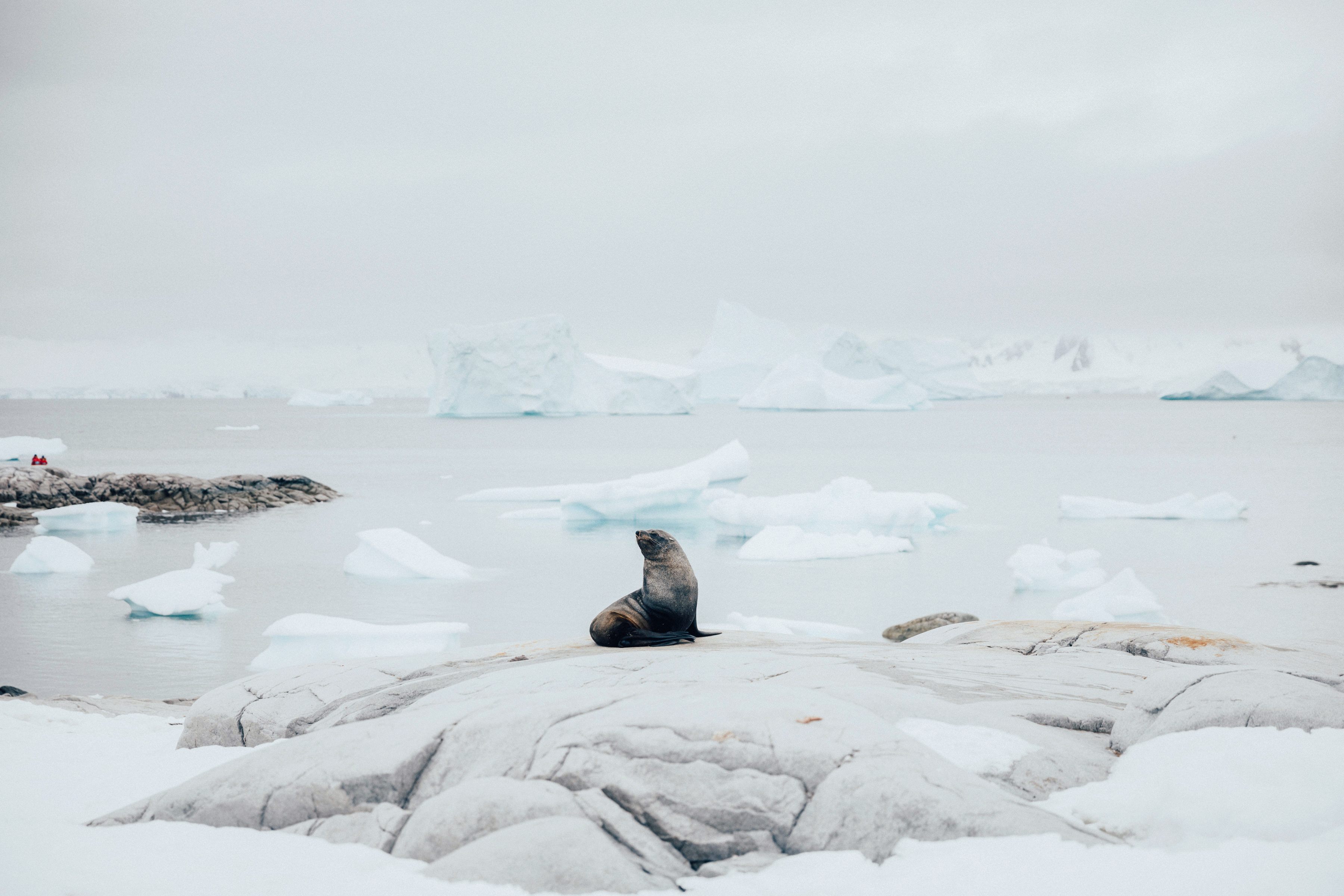
“My goal was $17,200, so my personal goal is still to hit that this year,” Childs says. “But $2,000 isn’t that much more. I think we can hit that. And I have some people who are still interested but couldn’t make it work financially. But the kids aren’t going anywhere. Until they’re old enough to work and provide for themselves, there’s always going to be a need there. I feel pretty confident that I’ll be able to hit that over the course of the year. I was only able to get to $15,000, but it’s $15,000 more than what it would have been otherwise.”
It’s a remarkable accomplishment capping a journey that hasn’t taken many easy turns along the way. Childs initially signed up to run the Antarctica Marathon in 2020 but decided to push up the date by a year after fighting through a period of strife in her own life. This was also before she had begun her fundraising efforts for the trip, which she called “even more intimidating” than the training itself.
“This last year was just one of those years where it was a really, really hard year in my personal life,” Childs says. “Things were not looking very positive on the horizon. I was feeling really discouraged, and so I kind of wanted to take a stance personally and step into this really rough season with a positive attitude. I am not going to be that girl who is working too hard and then coming home and eating too much ice cream and watching too much Netflix and crying too much.”
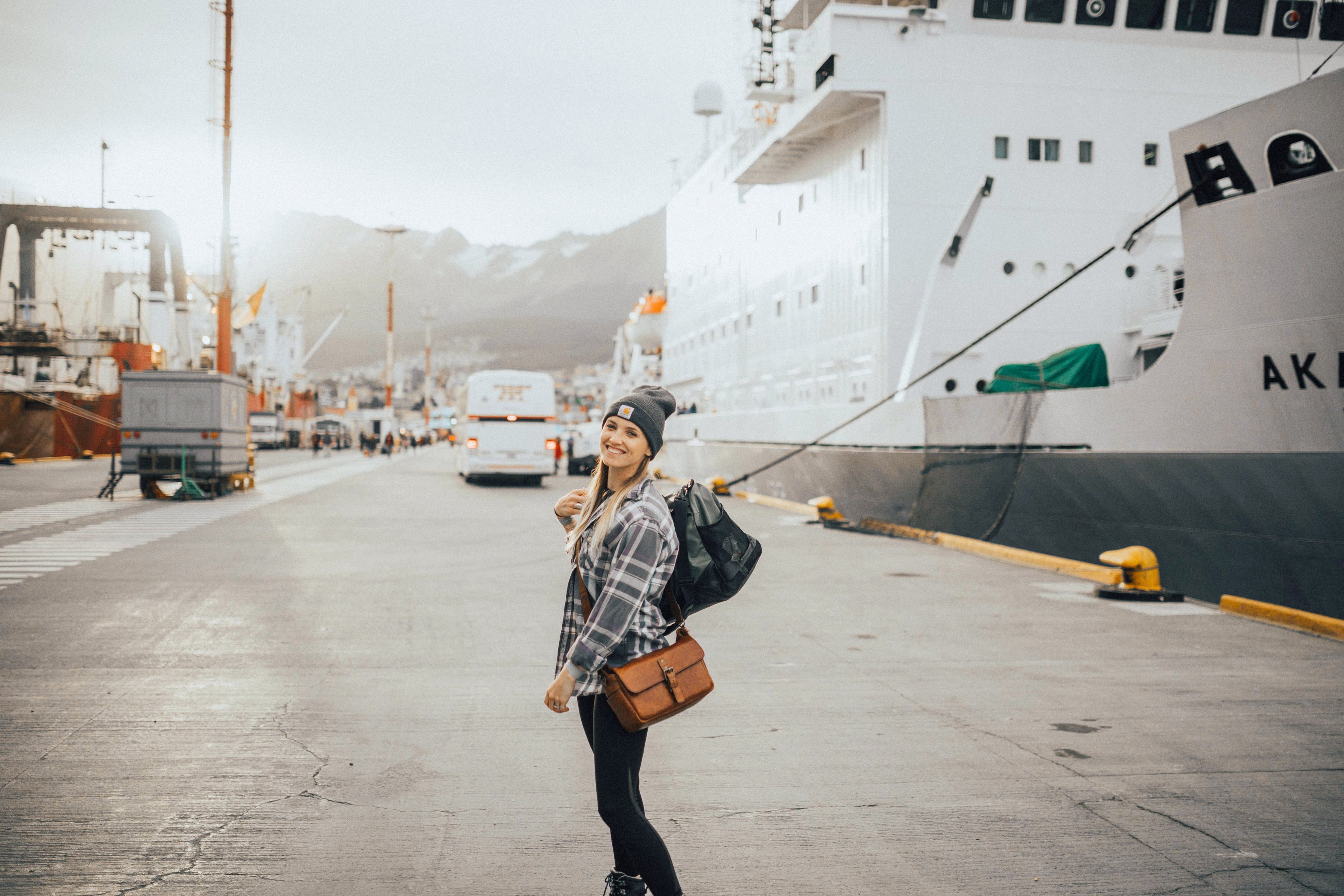
But overcoming adversity is nothing new to Childs, and her recent trek through the harsh environments of the coldest continent on earth was just the latest edition of her strong ambition on full display. Childs has nursed a “problematic” back injury for a few years that was reaggravated by a car wreck she was in less than two weeks before leaving for Antarctica. She wasn’t even able to train during the final week leading up to her departure.
About 12 miles into the marathon, her pain started to flare up and she could feel her back giving out. But she was determined to finish the half-marathon and fought through the final lap to complete the race.
“I knew if I kept going, it would be a six-month issue because I’ve had this happen before,” says Childs, who ended up finishing first among the race participants from her boat and third overall among all half-marathon participants with a time of just over 2 hours and 30 minutes.
If history is any indication, Childs’ ambition won’t stop there. She fully intends on completing the final push of raising funds to go to the orphanage this year.
And at 28 years old, she might just be getting started.




